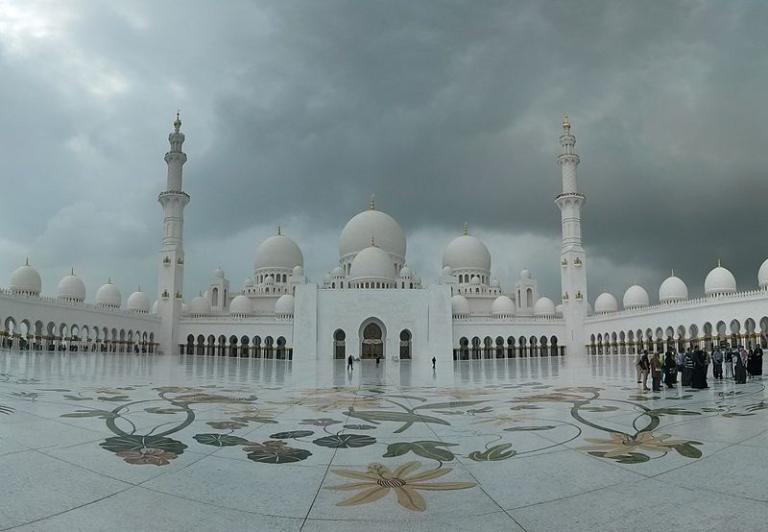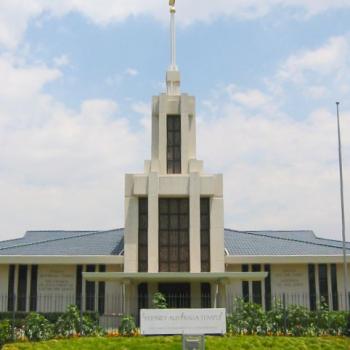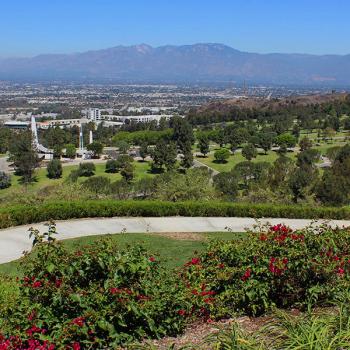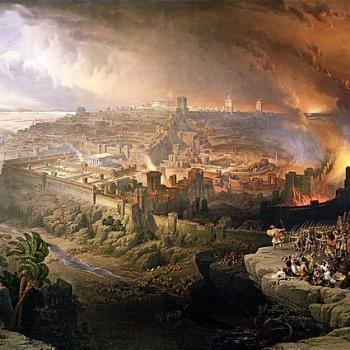
(Photo by Sean Mendis, Wikimedia Commons public domain image)
I confess to being mystified as to just what the goal or intent of the bombers in Sri Lanka may have been.
According to the figures that I’ve seen, slightly less than ten percent of the population of the island is Muslim, so it seems unlikely that they could imagine themselves being able to establish a Muslim theocracy in the nation.
Did they think that their bombing campaign would increase their numbers? That other residents of Sri Lanka would be so positively impressed by their actions — blowing children and families and popular television hosts to pieces while they were worshiping in church or enjoying breakfast together — that those other Sri Lankans would suddenly feel impelled to accept Islam?
I doubt it. But, if so, that would suggest a serious disconnection from reality.
One Sri Lankan official has said that the attacks across the island were intended as revenge for the murderous assaults on the Al Noor Mosque and the Linwood Islamic Centre in Christchurch, New Zealand, during Friday congregational prayers on 15 March 2019. I don’t know what basis, if any, he had for that claim, but it’s not altogether implausible. To attack Christians at prayer in revenge for an attack on Muslims at prayer would make a certain kind of sense.
But only a certain kind. And minimal.
Obviously, the Christians and the tourists in Sri Lanka had absolutely nothing to do with the 28-year-old Australian white supremacist and alt-right zealot Brenton Harrison Tarrant, who killed fifty people and wounded fifty more in Christchurch.
So I’m left still wondering what exactly the perpetrators of the Sri Lanka attacks thought they might accomplish.
My bet is that they had no particular goal clearly in mind, that this was an expression merely of anger, resentment, hatred and a powerful urge for vengeance.
If I had set out to destroy the image of Islam in the minds of people worldwide, I don’t believe that I could have done better than the surge in Islamist terrorism has done. Islam, to many, has come to seem a nihilistic death cult, obsessed with mass murder and violence, indiscriminate in its brutality.
That this is unjust, that it grotesquely misrepresents the culture and history of Islam, will be apparent to anybody who has given serious attention to the subject — by I which I don’t mean merely reading anti-Islamic tracts and devouring anti-Muslim websites.
I mourn the victims in Sri Lanka and those in New Zealand. I despise the monsters who perpetrate acts such as these. I also mourn the damage that Islamist violence has done to the reputation of a great religious tradition and a rich and illustrious civilization.
















